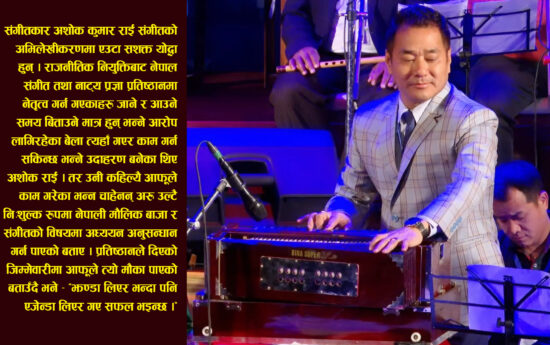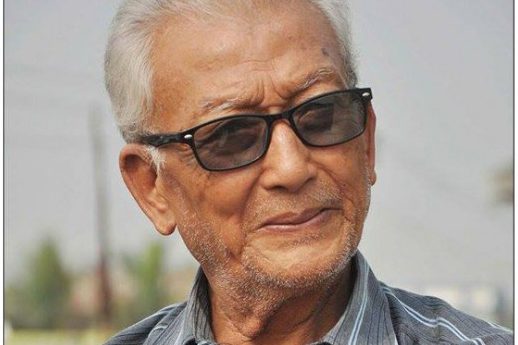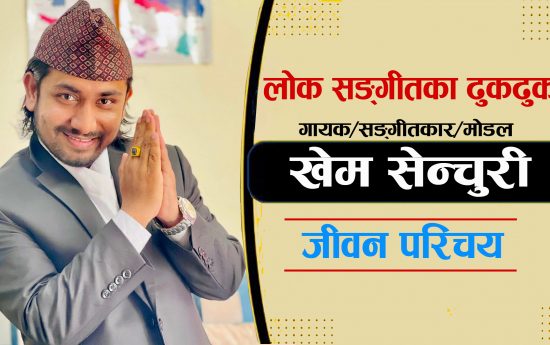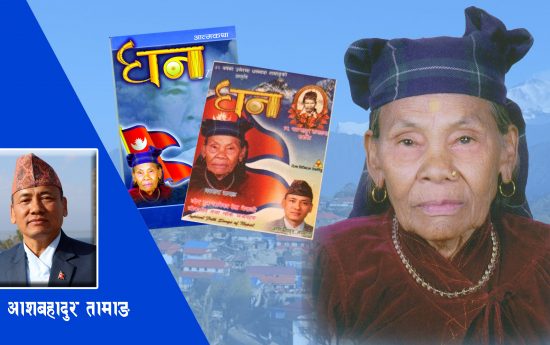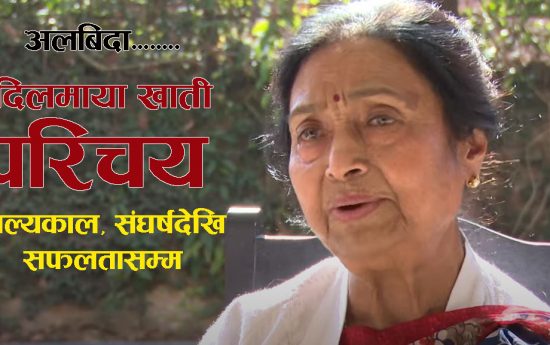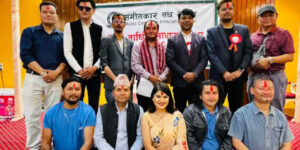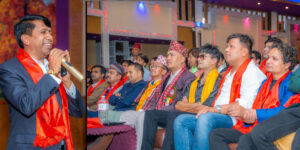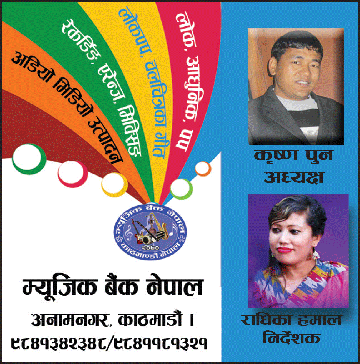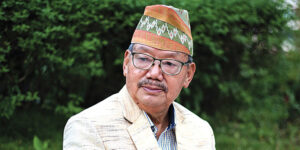
Narayan Gopal Singer
प्रकाशित: १४ आश्विन २०७०, सोमबार ०७:५३
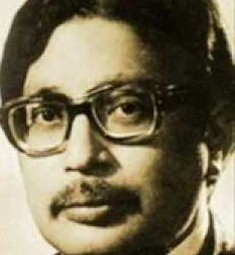
Name: Narayan Gopal Guruacharya
DOB: October 4, 1939
Birthplace: Kathmandu, Nepal
Parents: Father Asha Gopal Guruacharya and Mother Ram Devi Guruacharya
Occupation: Singer, Musician, Playwriter
Marital status: married to Pemala Lama
Qualification: Bachelor of Art degree in Humanities from Tri-Chandra College.
Died: December 5, 1990
Awards: Best Composition (Radio Nepal) – 2023 B.S.
Best Singer (Radio Nepal) – 2024 B.S.
Ratna Record Award – 2039 B.S.
Gorkha Dakshin Bahu, Fourth – 2033 B.S.
Indra Rajya Laxmi Award – 2040 B.S.
Chhinalata Award – 2044 B.S.
Jagadamba Shree – 2045 B.S.
Urbashi Rang Award – 2047 B.S.
Trishakti Patta, Third – 2048 B.S. (posthumously)
Narayan Gopal was born on October 4, 1939 is the most prominent and popular singer in Nepali music history. His full name is Narayan Gopal Gurubacharya. He was born into a Newar family in Kilagal Tole, Kathmandu to Asha Gopal Guruacharya and mother Ram Devi Guruacharya. His father was a classical musician and wanted his son to follow his footsteps. To the satisfaction of his father, Narayan Gopal became interested in music from his early years.So he studied music in India.
He was married to Pamela Lama in Falgun 2027 at the age of thirty but they donot have any children. He had five brothers and six sisters. In 2016 B.S he completed his School Leaving Certificate (S.L.C) exams and obtained Bachelor of Art degree in Humanities from Tri-Chandra College. Later, he also went to Maharaja Sayajirao University of Baroda to study classical Indian music, but returned without completing his studies.
Manik Ratna Sthapit and Prem Dhoj Pradhan were his friends who initially recognized his unlimited musical talents. Narayan Gopal is given with the title “Swor Samrat”. He is well known as a singer and was also an accomplished composer. He has sung over 500 songs, including in films, ballets and drama. Most of his songs are melodies.. Some of his most popular songs include “Euta Manche Ko Maya le Kati)”, “Jhareko Paat Jhai”, “Yo Samjhine Man Cha” , “Saawan ko jhari bani”, “Manche ko Maya”. He started singing with first generation of Nepali music, and sang his whole life. He also worked as the editor of a musical journal Bageena and was Manager at Rastriya Naach Ghar .
The late Narayan Gopal (1996-2046 BS) is regarded as the most popular in the entire domain of modern Nepali music. Apart from singing, he liked to spend considerable effort in organizing various events. He also sang in popular Dramas; Muna Madan (written by Laxmi Prasad Devkota) . He was also adviser to the Ministry of Communication from 2046-04-16 onward.
He loved photography and he always loved to watch football. He was a good chess player too. Later on his friends Prem Dhoj and Manik Sthapit had started to sing their compositions and he also composed about six original songs written by the contemporary poet Ratna Shumsher Thapa. The songs started becoming very popular in Nepal and India in short time, which made Narayan Gopal recognized as a singer. He collaborated with established composers like Nati Kaji, Shiva Sankar, Amber Gurung, and Dharmaraj Thapa.
The cassettes and CDs of his music still make significant sales in Nepal. He has large number of fan following in Nepal as well as in some foreign countries. Many young singers are inspired by him.
He has received several national honors and awards. Narayan Gopal contributed twenty eight years of his life to Nepali music and its development. The greatest musical performance of Narayan Gopal was Swornim Sandhya performed at Royal Nepal Academy Hall in 1990. It was his last and most popular musical concert.
Narayan Gopal had diabetes. He left his physical body in December 5, 1990 in Bir Hospital, at 9 p.m. in Kathmandu at the age of 51.
He will always be remembered for his musical contribution to Nepali Music world.
Some songs of Narayan Gopal:
Timi Jun Raharle
He Kanchi Nani
Premko Mala
Jun Phool Maile
Shikhar Bhane Kahan
Bichod ko Peeda
Himal Sari
Parkhi Base Aaula Bhani
Mero Pyaro Okhaldhunga
Yo Kasto Byatha Ho
Euta Mancheko
Mero Behoshi Aaja
Yo Mausam Yo Hariyali
Mero Yo Geetma Jun
Malati Mangale
Timile Bhaneka
Timro Jasto Mutu
Mayako Aadharma




